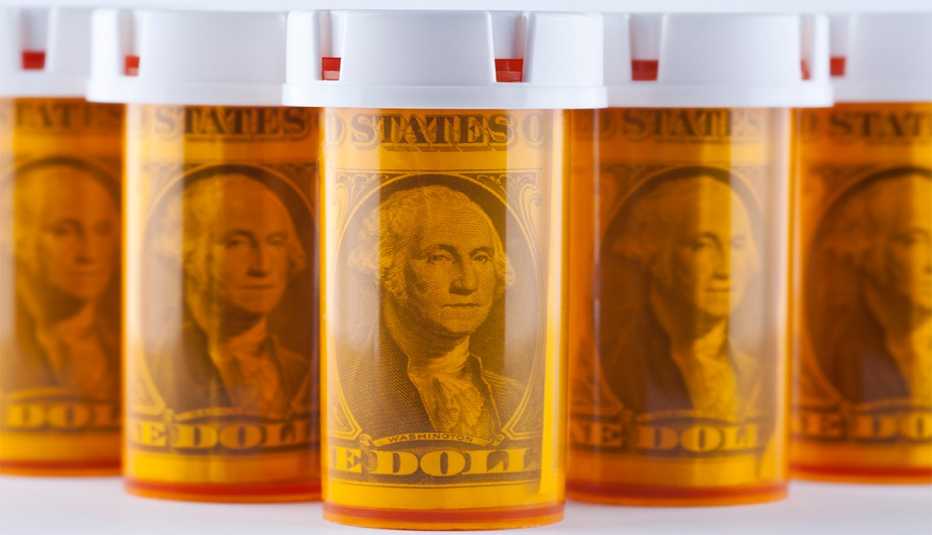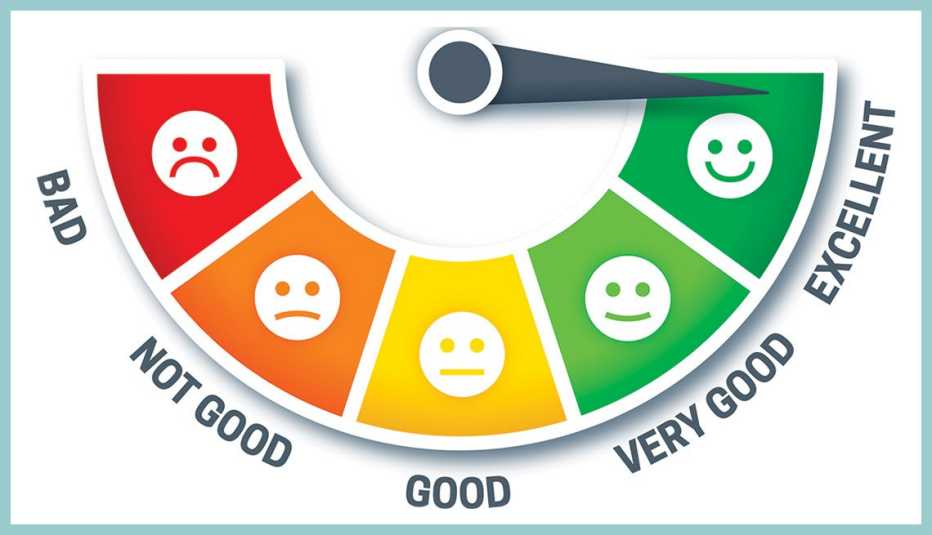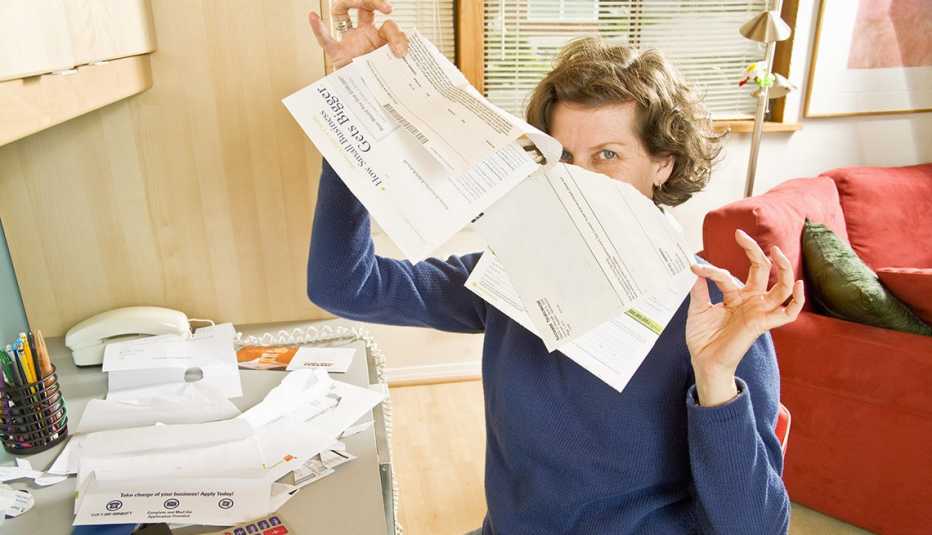AARP Hearing Center
If you haven’t noticed that interest rates are rising, your credit card company certainly has. As of Oct. 5, the average credit card was charging 18.45 percent interest, the highest since 1992, according to Bankrate.com.
And that’s just with the average credit card. Rates for many cards, particularly store credit cards, run much higher. “We found, among the 100 largest retailers, 18 store cards at 29.99 percent,” says Ted Rossman, senior industry analyst at CreditCards.com.
Even higher rates ahead
The recent rise in interest rates is one cause of today’s high credit-card rates. In an effort to fight soaring inflation, the Federal Reserve Board has raised its short-term federal funds rate five times this year, from near zero to a range of 3 percent to 3.25 percent. The fed funds rate, in turn, influences commercial banks’ prime rate, currently 6.25 percent.
Most credit cards base their interest rate on the prime rate plus an additional amount, which depends on your credit history. That additional charge has been creeping upward as well. Credit card companies have “padded their margin a bit in the past several years,” Rossman says.
The Fed last raised interest rates on Sept. 22. Credit card issuers are required to give cardholders 45 days’ notice of a change in rates, so you might see an increase in your credit card rate soon. The Fed will meet again in November and December, and it’s widely expected that the central bank will raise interest rates by 1.25 percentage points by the end of the year.
How to get a lower rate
How can you reduce the sting of high credit-card rates? The most obvious answer is to pay for your purchases each month before the bank starts charging interest.
Be sure, however, to read the fine print about when interest is charged. You typically have a period of time, called a grace period, when you don't owe interest on purchases. But credit card companies will typically charge interest on cash advances the day you take them, and the same holds true for any convenience checks from the card issuer.
Nevertheless, even the best savers sometimes have to put a big expense on plastic. And some people simply get caught up in holiday cheer and overspend. If that’s you, then here are a few strategies to avoid the highest credit-card rates in decades.









































































